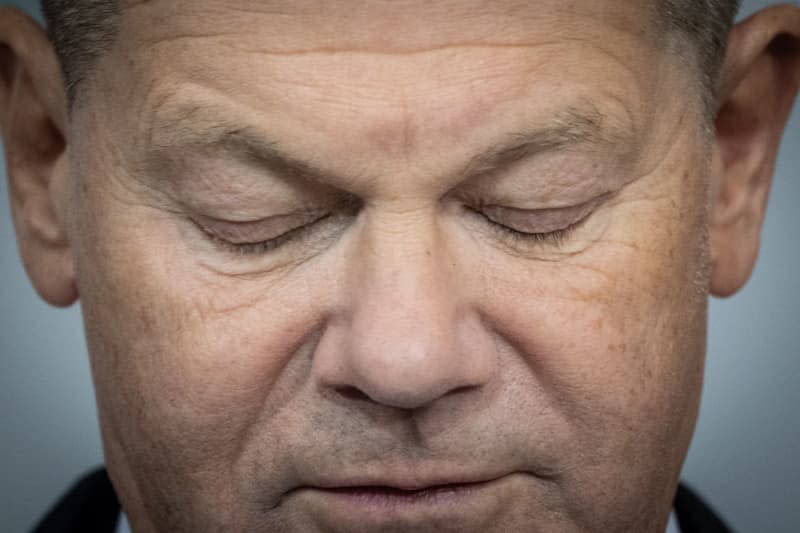Scholz calls for Germany to be 'circular economy' through recycling

- Oops!Something went wrong.Please try again later.
German Chancellor Olaf Scholz has suggested that his country could become a global leader in industrial recycling, as a way of making Germany's industry more self-sufficient.
Scholz made his remarks on Tuesday to a gathering of government officials and leaders from business, trade unions, science and civil society.
He cited battery materials and the construction industry as areas that could improve recycling and potentially help reduce the impact of global supply chains or disruptive crises.
A national strategy for improving broader recycling, which Scholz referred to as building a circular economy, would be launched "very soon," the chancellor said.
"It's no longer just about separating waste or paying a deposit on cans," said Scholz. "The circular economy offers the opportunity to become less dependent on the import of important raw materials by reusing more."
He said that the fallout from Russia's full-scale invasion of Ukraine and the current crisis in the Middle East clearly demonstrate the consequences of such crises on energy prices, supply chains and the global economy.
"The potential of the circular economy is enormous," Scholz countered. "According to studies, a circular economy could generate around €12 billion ($13 billion) in additional gross value added per year by 2030 and create new jobs."
Yasmin Fahimi, leader of the influential German trade union confederation DGB, expressed support for those goals.
She said better recycling is obviously important for the environment, "but it is also important because critical raw materials will not be available indefinitely."
Cost and supply chain risks could be reduced through greater reuse of materials, she said.

